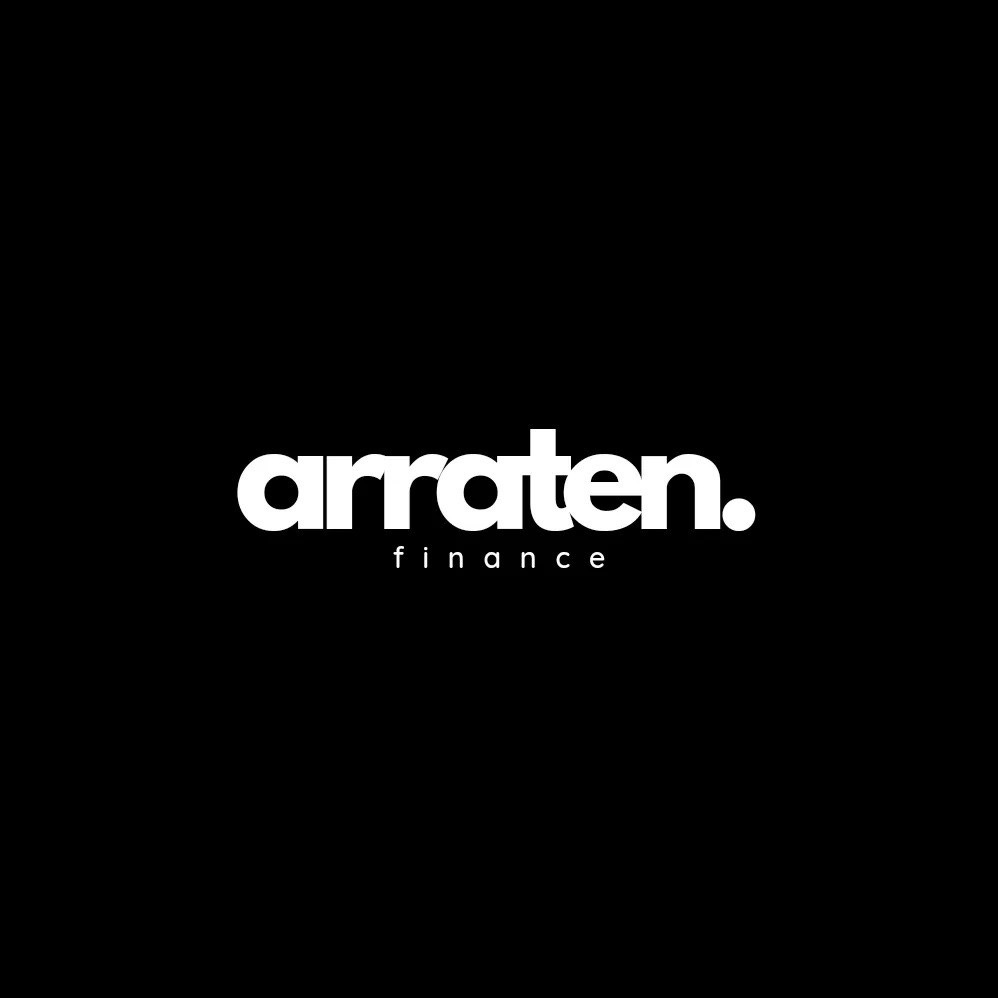Evaluate and incorporate these instruments into your portfolio
Convertible issues and warrants, explaining their features, benefits, and risks
At Arraten, we transform the best financial books into digestible, engaging lessons tailored to your daily life.
Every day, learn to master your finances and live fully.May this new year bring you success, prosperity, and fulfillment in all your endeavors, whether personal or financial. May it be marked by wise decisions, sound investments, and flourishing health. 🌟
Happy New Year 2025! 🎉
Day 5:
Chapters 16
Chapter 16: Convertible Issues and Warrants
In this chapter, Benjamin Graham delves into convertible issues and warrants, explaining their features, benefits, and risks.
He provides guidance on how investors can evaluate and incorporate these instruments into their portfolios.
Convertible Issues
Definition and Features Convertible issues are securities, typically bonds or preferred shares, that can be converted into a specified number of common shares at the holder's option. This feature allows investors to benefit from the fixed income provided by bonds or preferred shares while also participating in the potential upside of the company's common stock.
Advantages of Convertible Issues
Fixed Income: Convertible bonds and preferred shares provide regular interest or dividend payments, offering a degree of income stability.
Potential for Capital Appreciation: If the company's common stock performs well, the conversion feature allows investors to convert their securities into common shares and benefit from the stock's appreciation.
Lower Risk: Convertibles tend to be less volatile than common stocks, offering a balance between income and growth potential.
Risks and Considerations
Limited Income Potential: The interest or dividend rate on convertibles is often lower than that of traditional bonds or preferred shares, reflecting the added value of the conversion option.
Complexity: Convertible issues can be complex, with terms and conditions that require careful analysis. Investors should thoroughly understand the conversion ratio, conversion price, and other relevant details.
Market Conditions: The value of convertible issues is influenced by both the fixed-income market and the stock market, making them sensitive to changes in interest rates and stock prices.
Warrants
Definition and Features Warrants are financial instruments that give the holder the right, but not the obligation, to purchase a company's common stock at a specified price (the exercise price) within a certain time frame. Warrants are often issued alongside bonds or preferred shares as a "sweetener" to make the offering more attractive to investors.
Advantages of Warrants
Leverage: Warrants allow investors to gain exposure to a company's stock with a relatively small initial investment. If the stock price rises above the exercise price, the value of the warrant can increase significantly.
Capital Appreciation: Like options, warrants provide the potential for substantial capital gains if the underlying stock performs well.
Flexibility: Warrants can be traded independently of the bonds or preferred shares they were issued with, offering additional flexibility to investors.
Risks and Considerations
Expiration Risk: Warrants have an expiration date, after which they become worthless if not exercised. Investors need to be mindful of the time remaining until expiration.
Market Volatility: The value of warrants is highly sensitive to changes in the underlying stock's price. Warrants can be very volatile and may lose value quickly if the stock price declines.
Dilution: If warrants are exercised, they increase the number of outstanding shares, potentially diluting the value of existing shares.
Evaluating Convertible Issues and Warrants
Graham provides guidance on how investors can evaluate convertible issues and warrants:
Analyze the Conversion Terms: Investors should carefully review the conversion ratio, conversion price, and other terms to understand the potential benefits and limitations of the convertible security.
Consider the Company's Financial Health: The underlying company's financial condition and prospects are crucial in determining the attractiveness of convertibles and warrants. Strong fundamentals can enhance the potential benefits of these instruments.
Assess Market Conditions: Market conditions, including interest rates and stock market trends, play a significant role in the performance of convertibles and warrants. Investors should consider these factors when making investment decisions.
Practical Application
Graham advises investors to approach convertible issues and warrants with caution and to incorporate them into their portfolios as part of a diversified strategy. He emphasizes the importance of understanding the unique characteristics of these instruments and their potential impact on the overall investment portfolio.
That’s a wrap for today !
See you tomorrow!
NID Wawzgit
(P.S.: As usual, if you want to chat, my LinkedIn is open 👋)
You received this message because you are subscribed to the Arraten Finance newsletter. If a friend forwarded this message to you, sign up here to receive it in your inbox.
DISCLAIMER: None of this constitutes financial advice. This information is strictly educational and does not constitute investment advice or a solicitation to buy or sell assets or make financial decisions. Be cautious and do your own research






